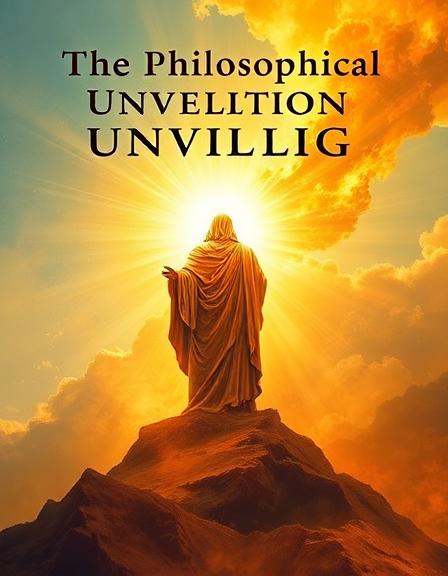Mac Miki
Biography
Aspiring Author
Reviews Summary
4.7
Rating Breakdown
3 total ratings
Aspiring Author
4.7
Rating Breakdown
3 total ratings
This first chapter offers a really thoughtful starting point for anyone exploring the big questions about God. I liked how it encouraged critical thinking without being dismissive of faith traditions. The writing feels clear and approachable, making complex ideas easier to grasp. It sets up a solid framework for the philosophical journey ahead. I'm definitely interested in reading the rest of the book to see how these ideas unfold. The author's approach to dogma felt particularly insightful and balanced. This first chapter really drew me in with its promise of reasoned inquiry. It feels like the kind of foundational text that could genuinely help a student. I'm curious to see the specific arguments and examples that will follow. Worth upgrading to read the complete version if you're looking for intellectual depth.
The opening chapter sets up an intriguing premise for this philosophical exploration. Mac Miki's approach to blending philosophy and theology is clear and commendably measured. The chapter effectively demonstrates how to critically engage with complex ideas without resorting to dogma. I'm definitely interested in reading the rest of this guide to understand the author's framework. The emphasis on intellectual humility and constructive discourse is a strong foundation. This first chapter really drew me in and made me curious about the author's subsequent arguments. I believe this book offers a valuable perspective for students of religion and philosophy. It seems poised to provide a solid intellectual toolkit for a sensitive subject. I'm looking forward to seeing how the author unpacks different conceptions of the divine. This seems like a thoroughly enjoyable and enlightening read for anyone seeking deeper understanding.
This first chapter really drew me in with its thoughtful approach to a complex topic. The way the author frames the relationship between philosophy and theology is incredibly insightful and balanced. I found the advice on critically examining dogma to be particularly valuable for any student. The emphasis on intellectual humility and constructive discourse is a welcome change. It's clear this book aims to equip readers with genuine tools for understanding, not just dogma. I'm genuinely curious to see how the author tackles the various arguments for and against God's existence in subsequent chapters. This opening promises a deeply engaging and intellectually stimulating journey. I am definitely interested in reading the rest of this guide.
